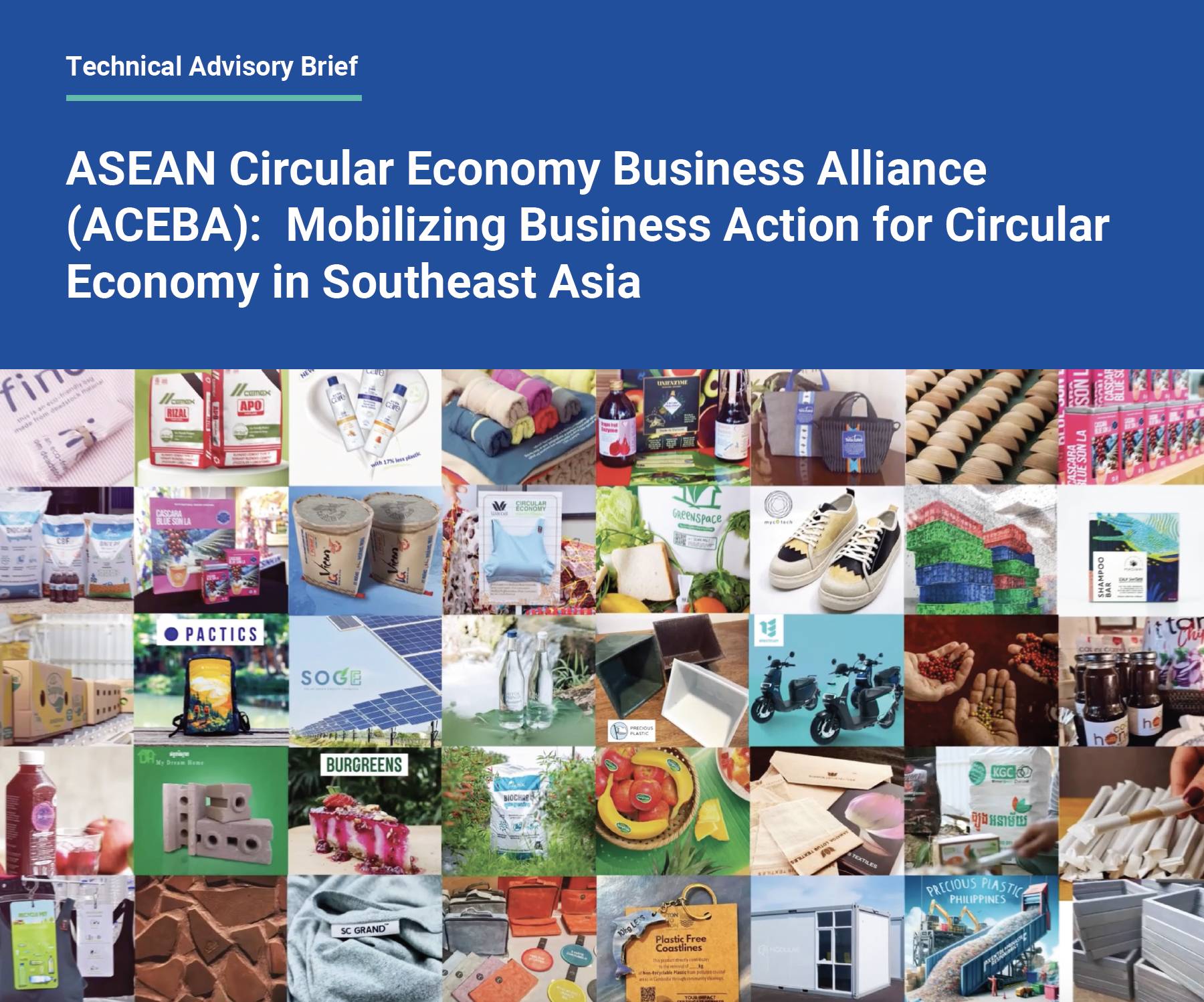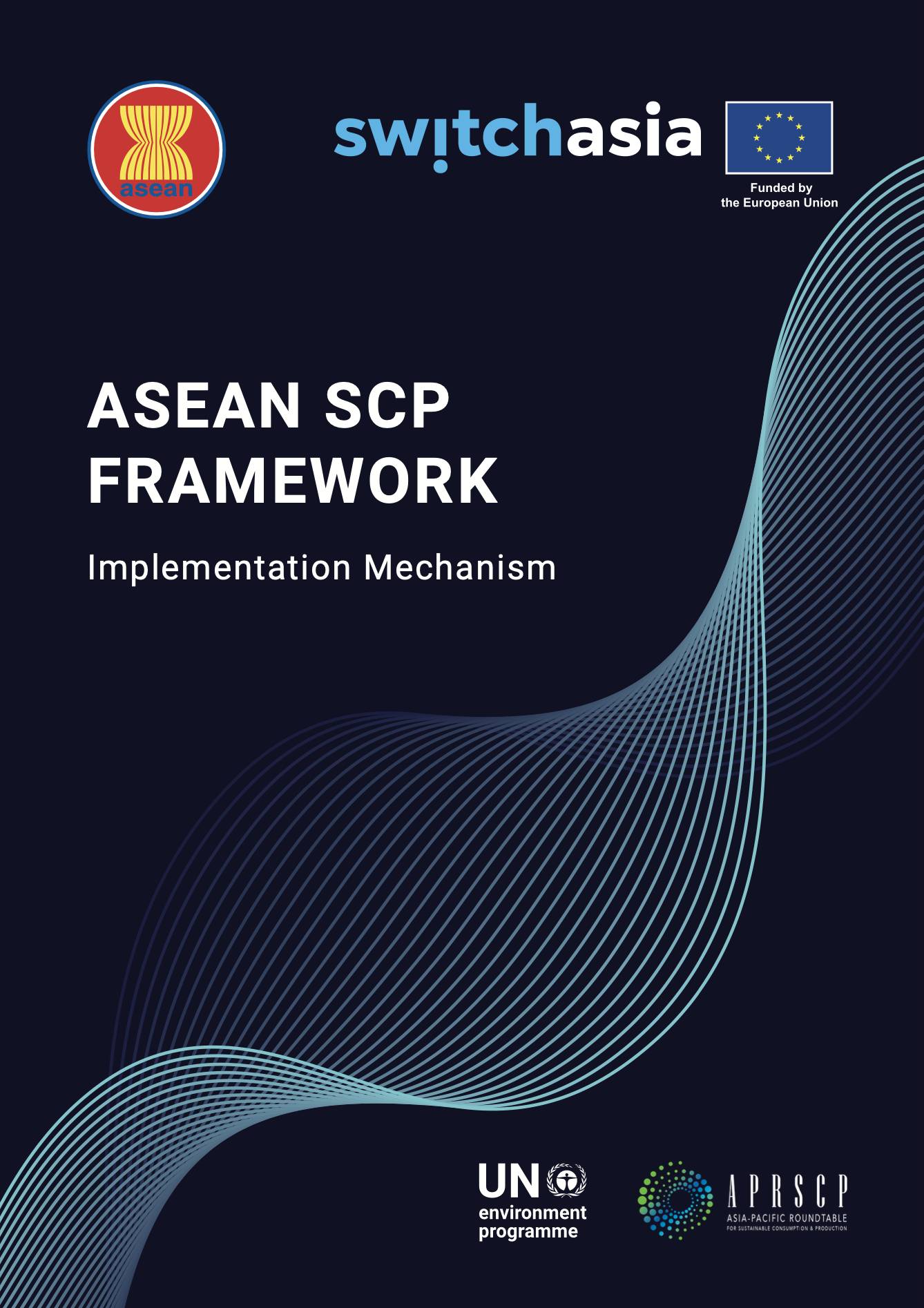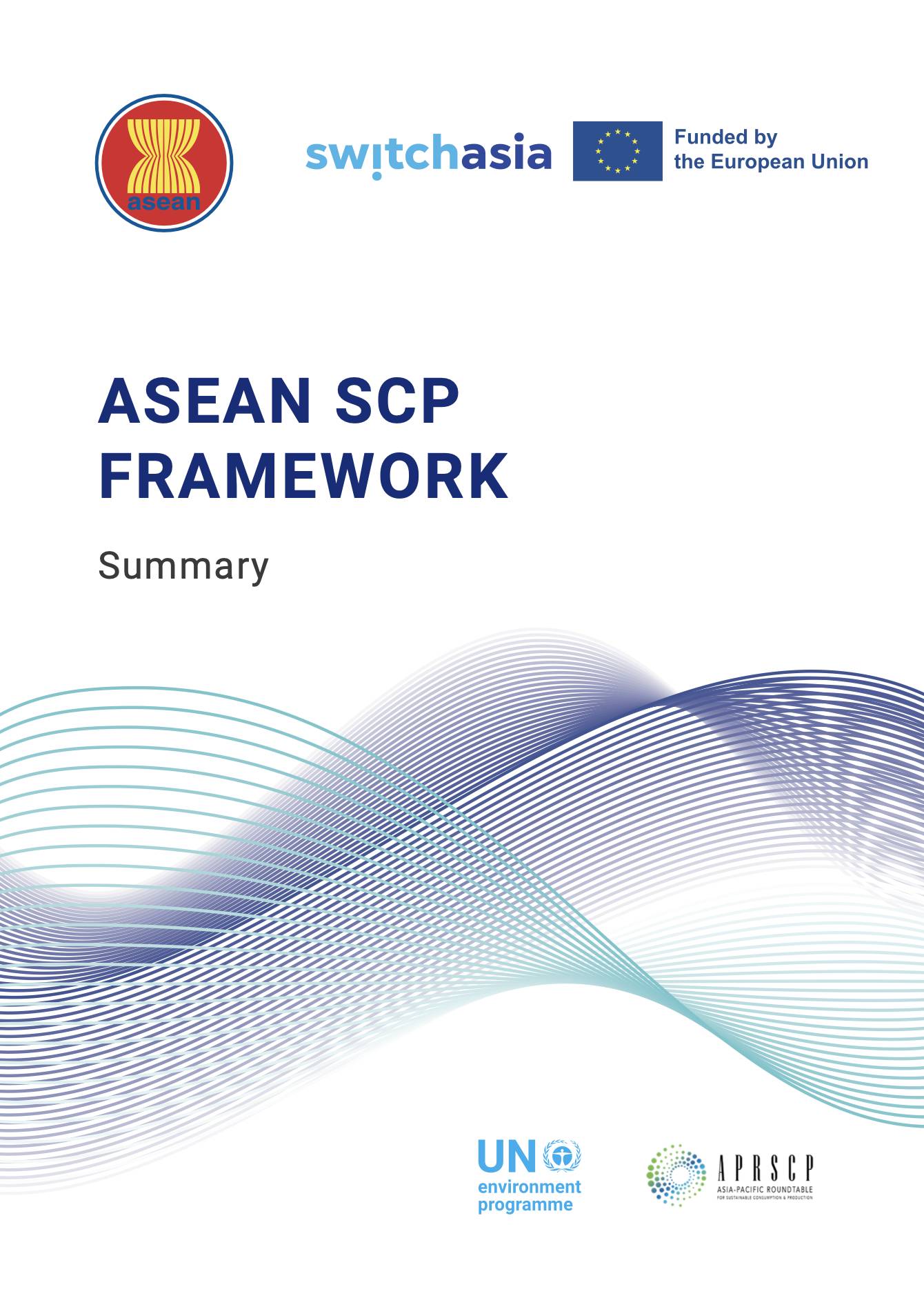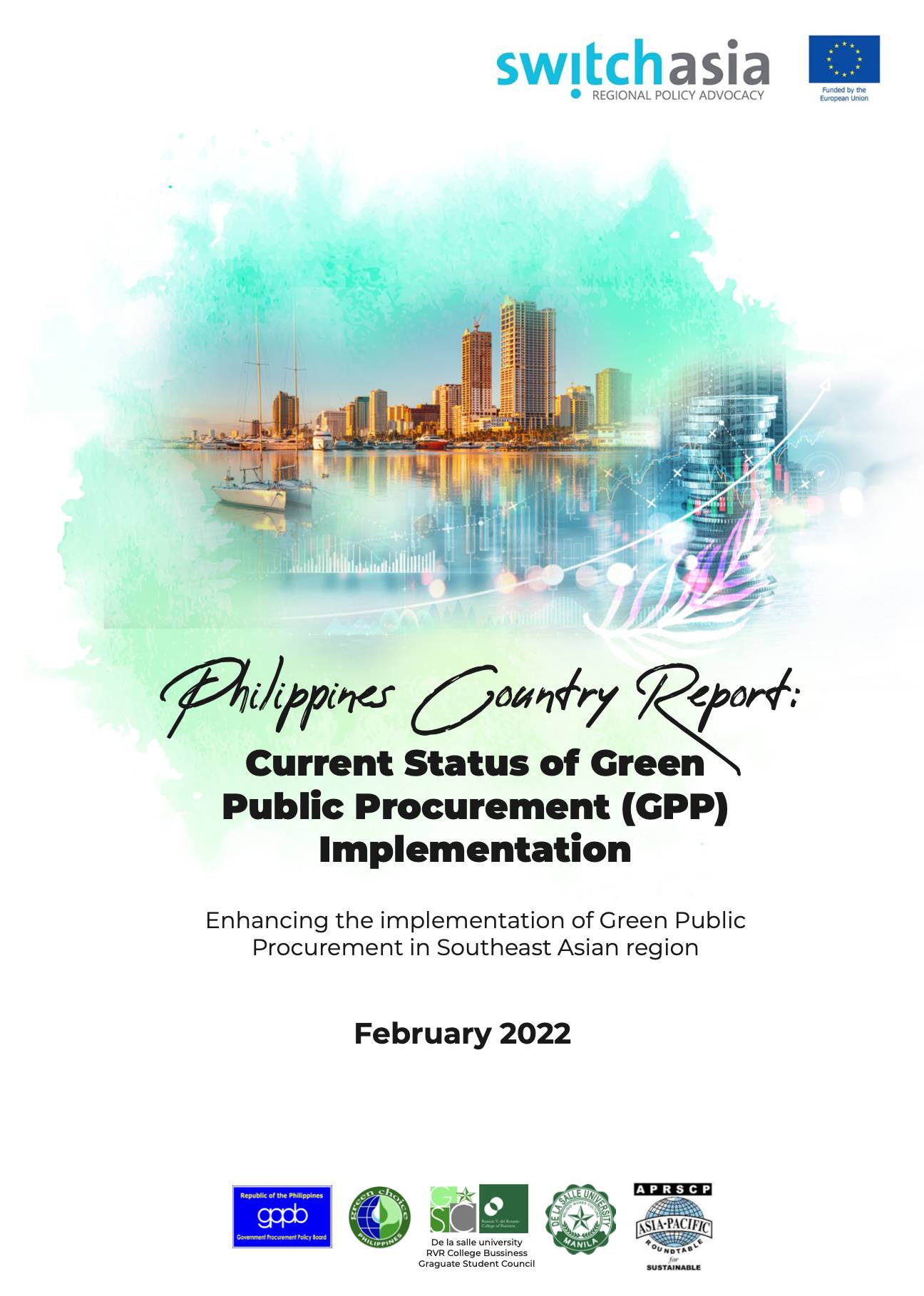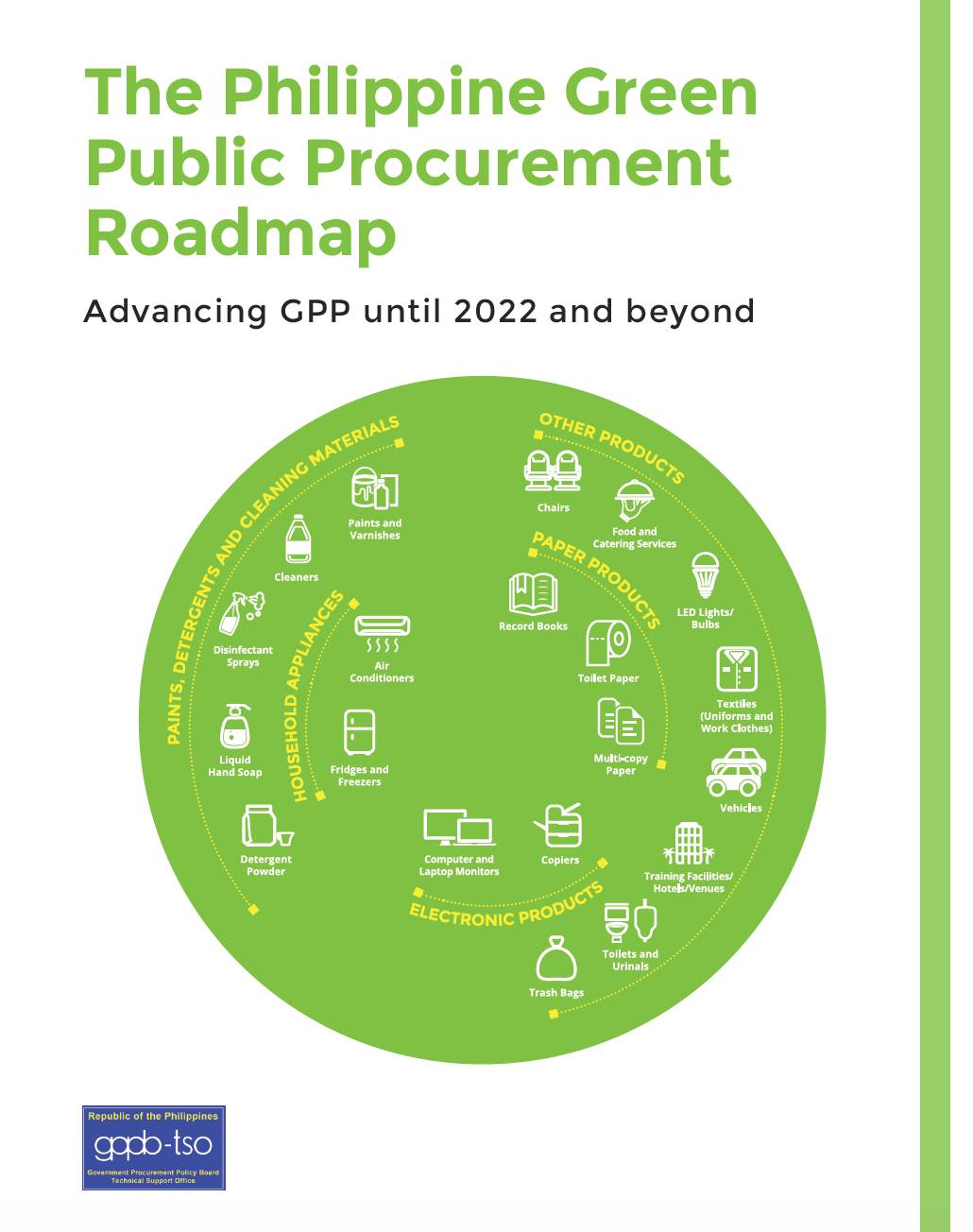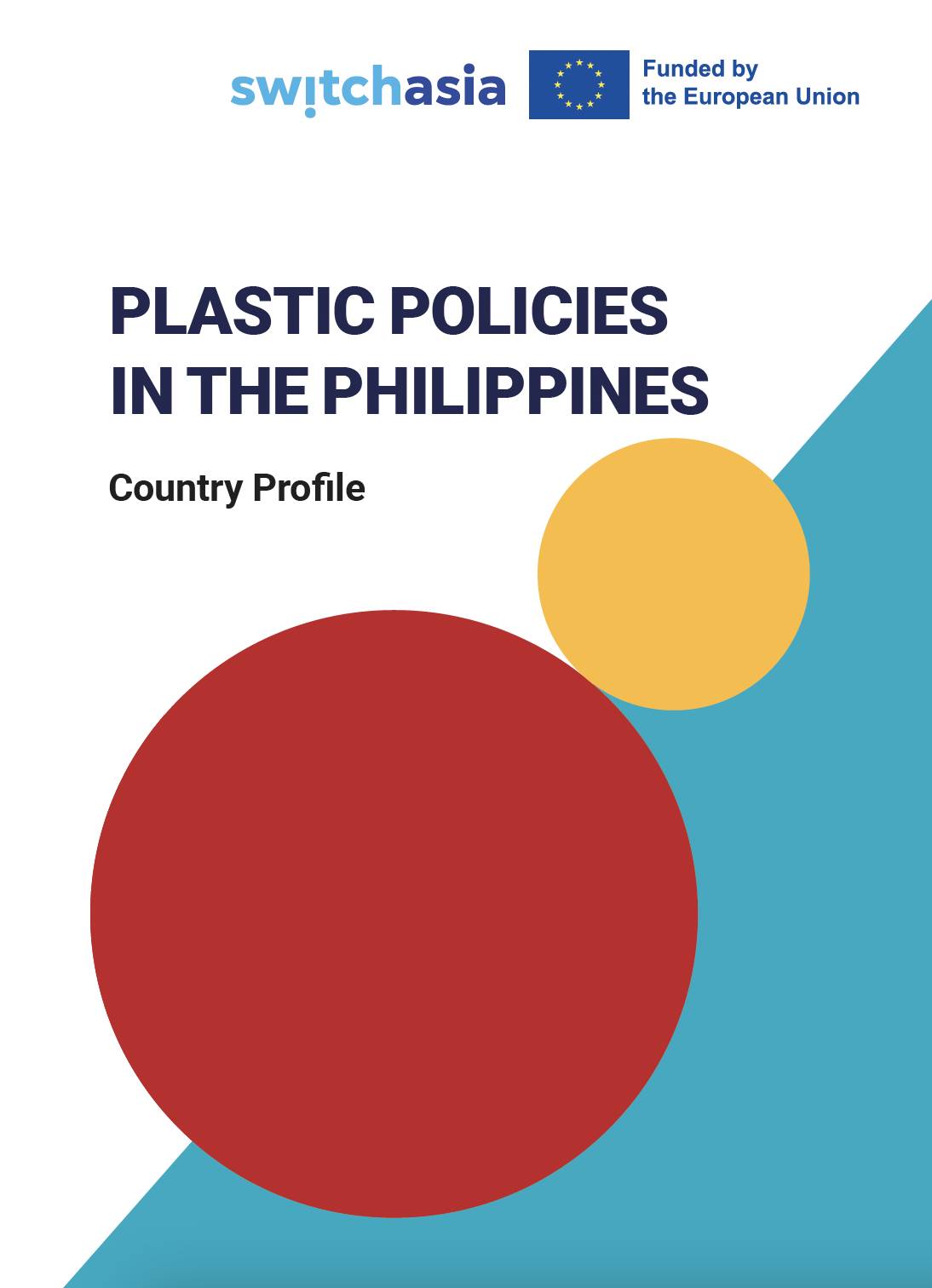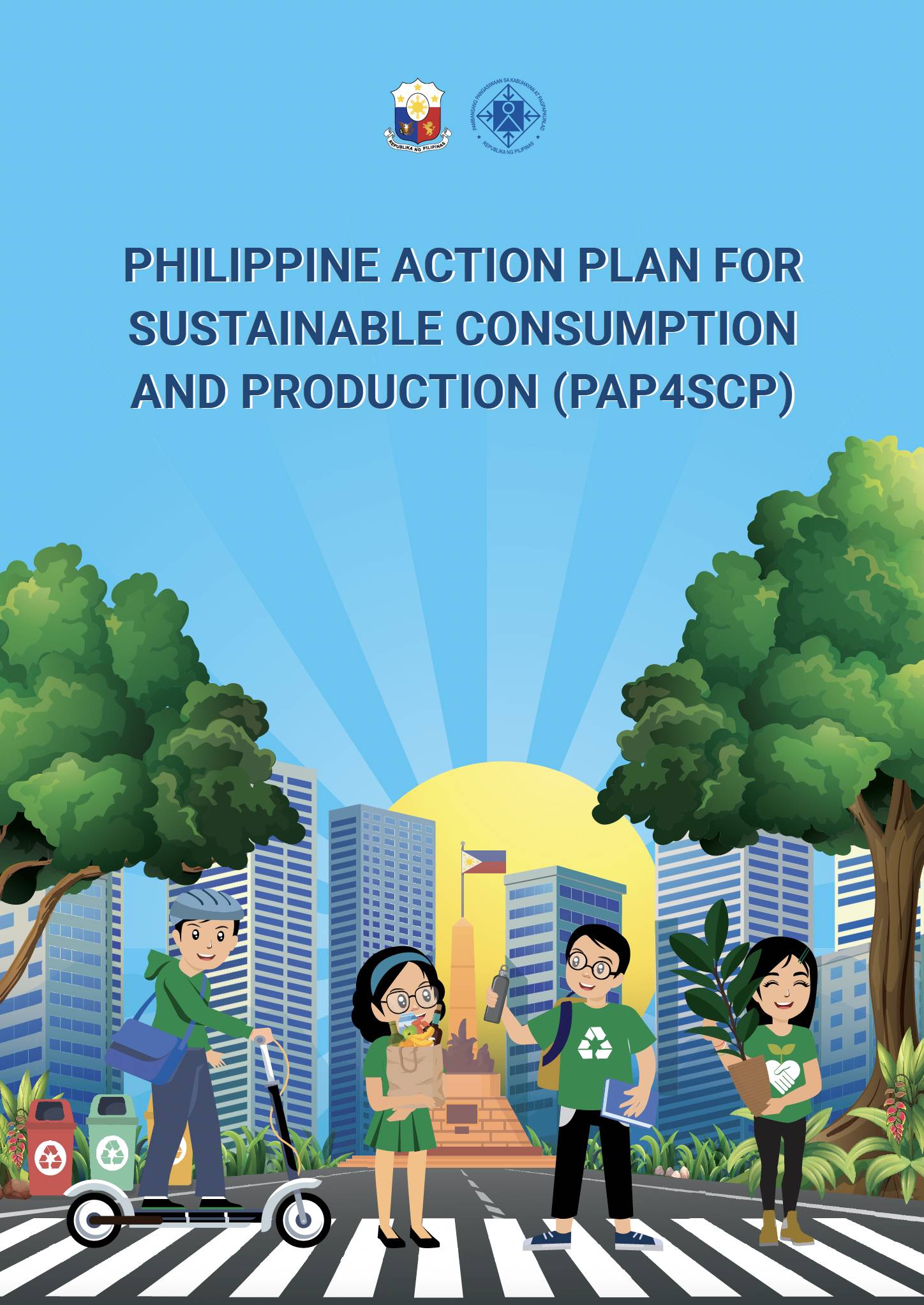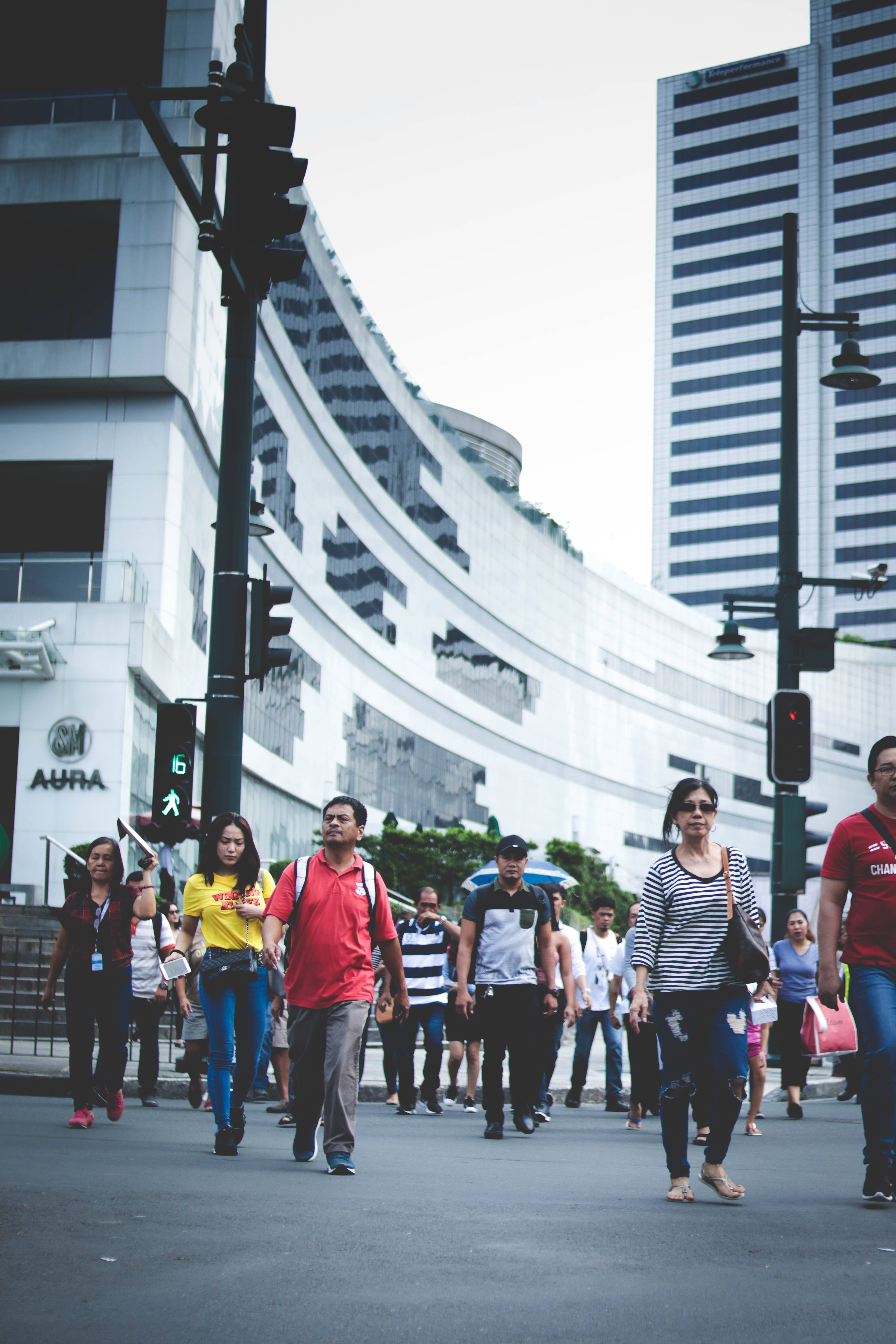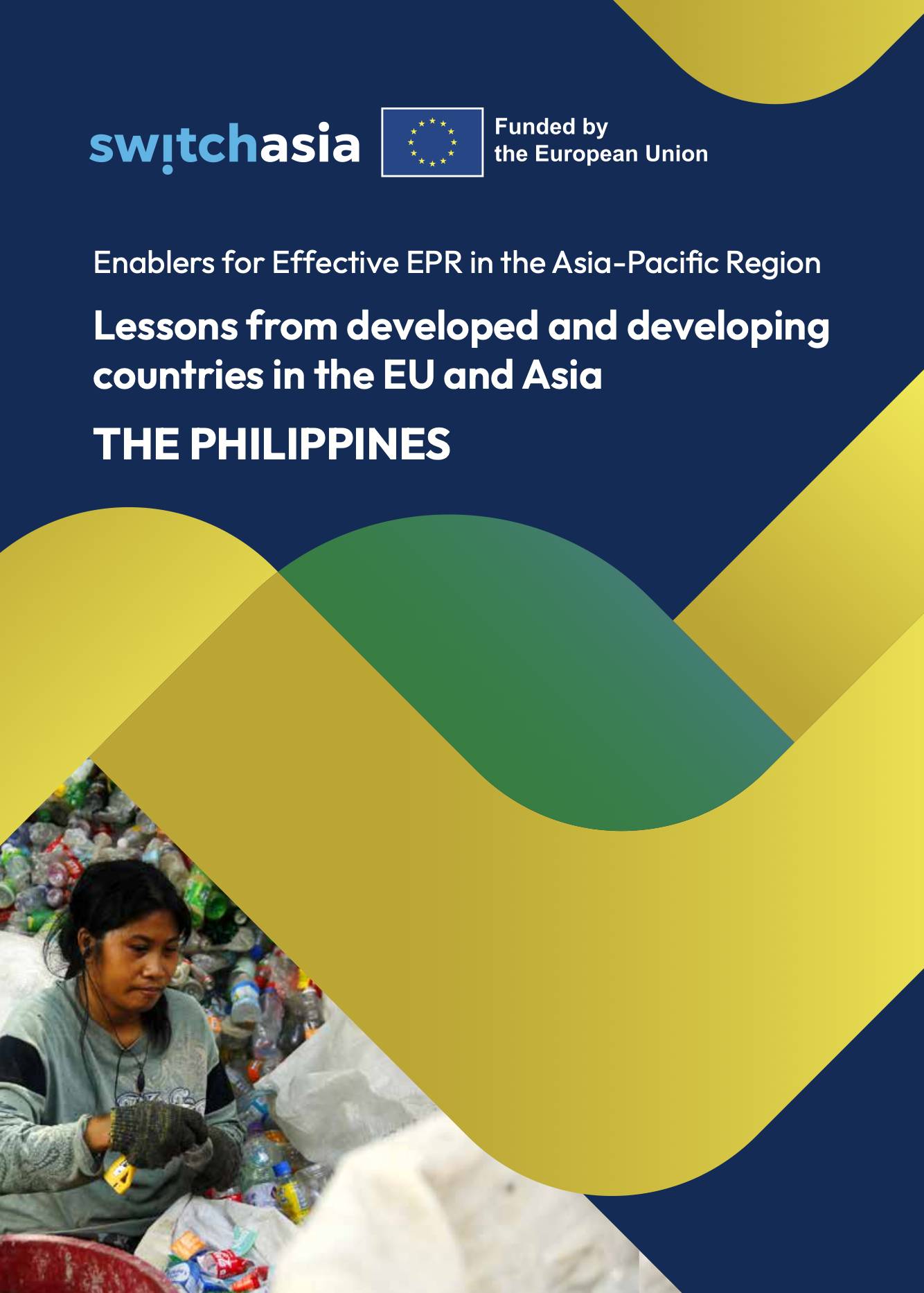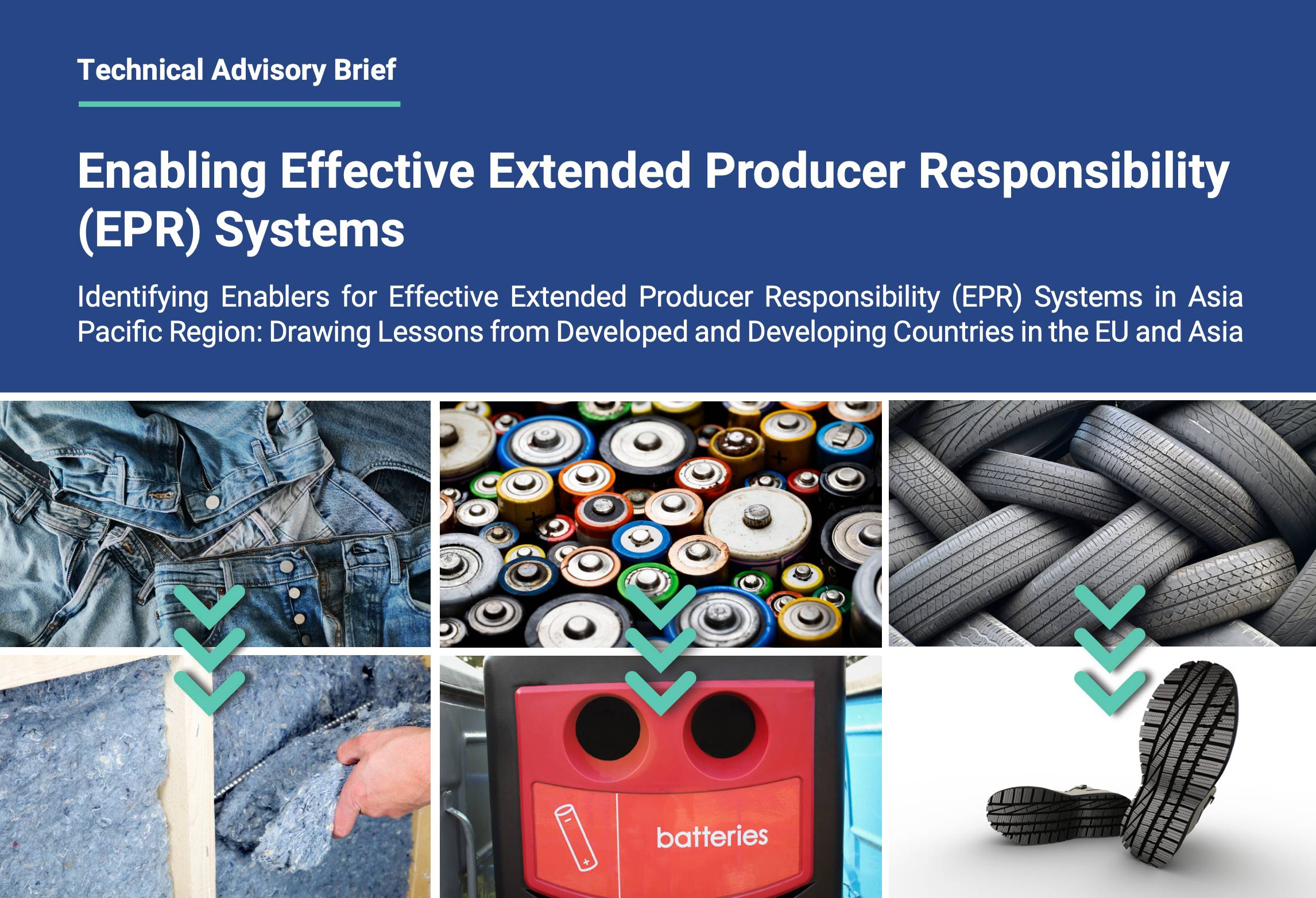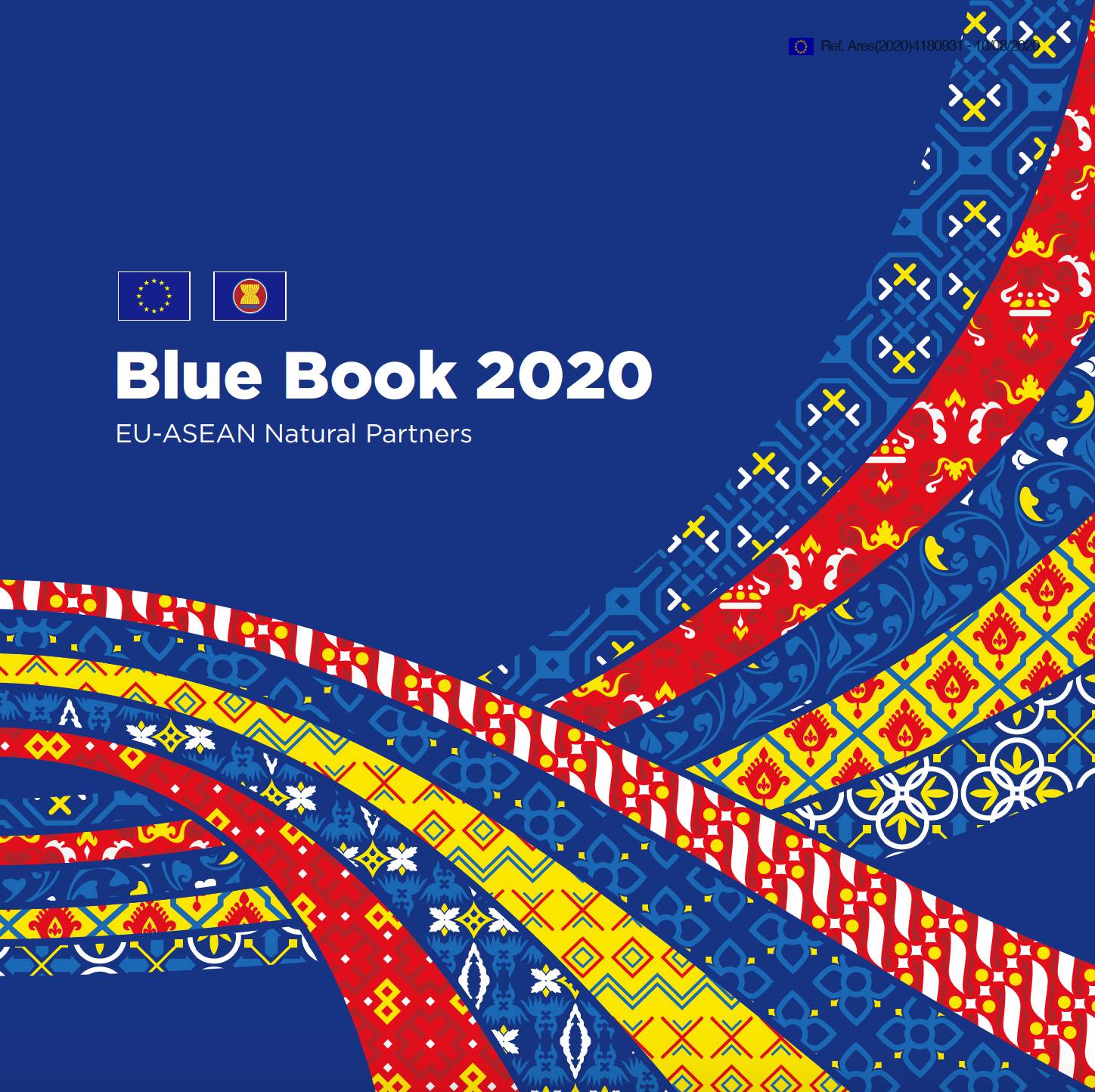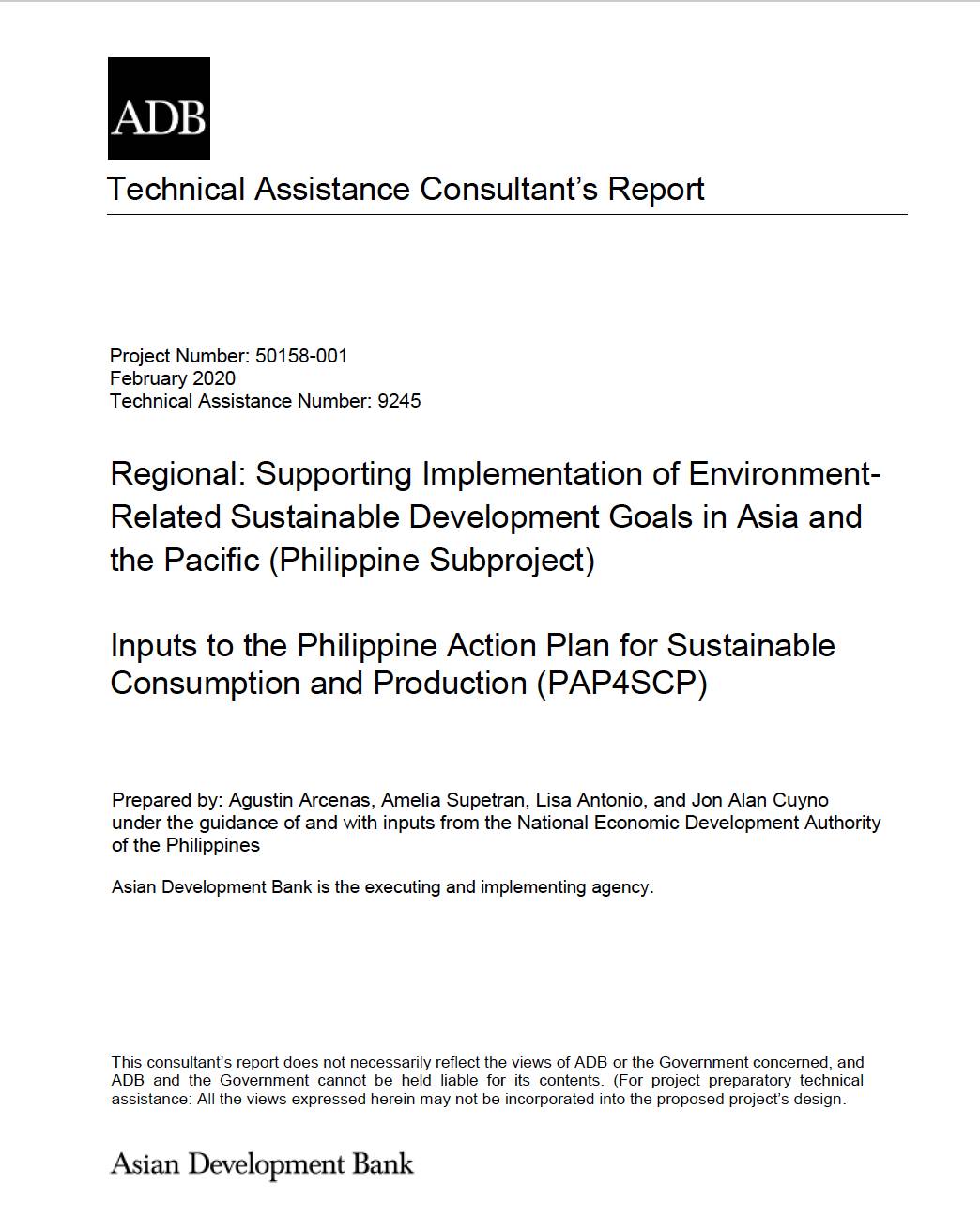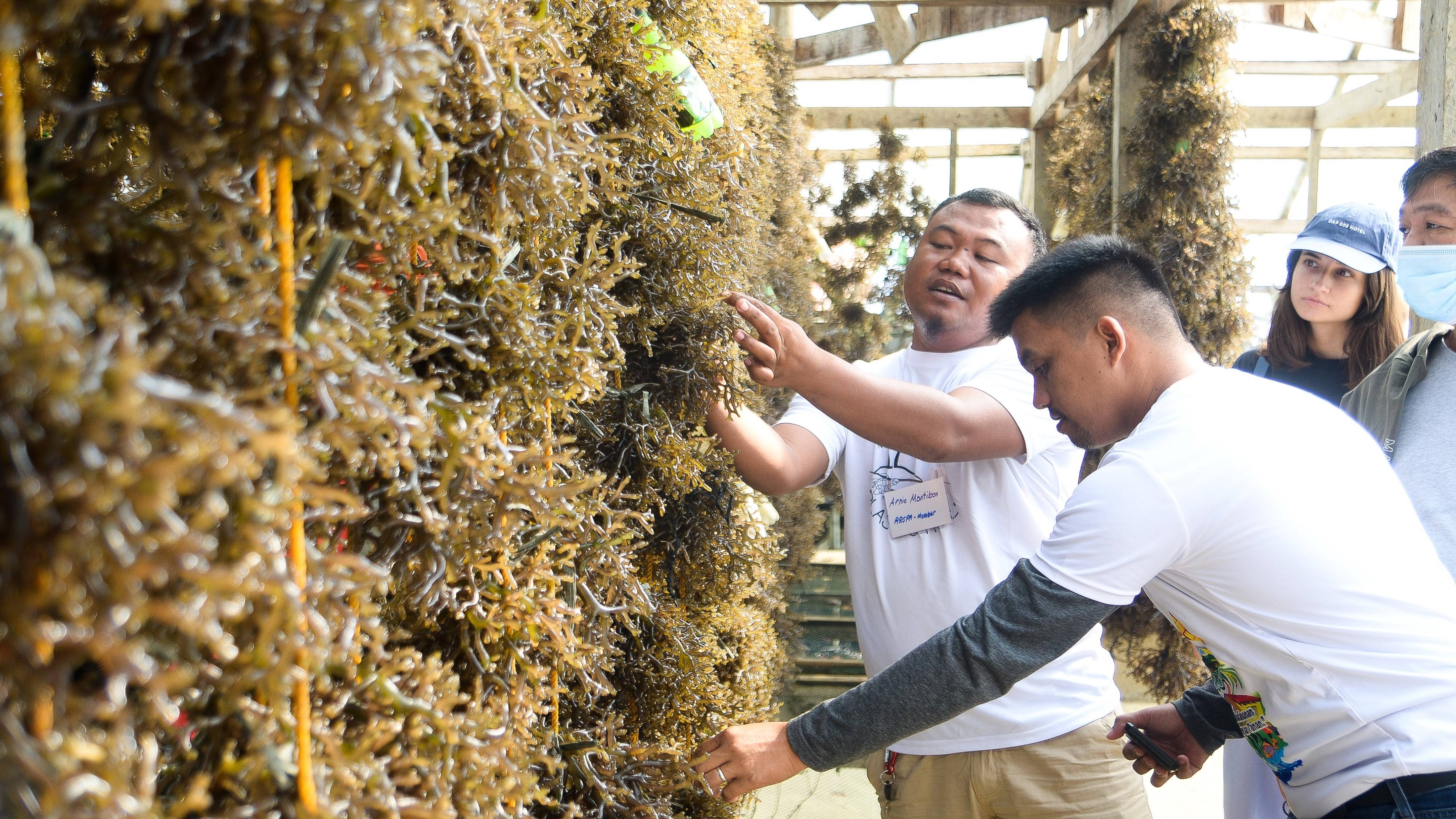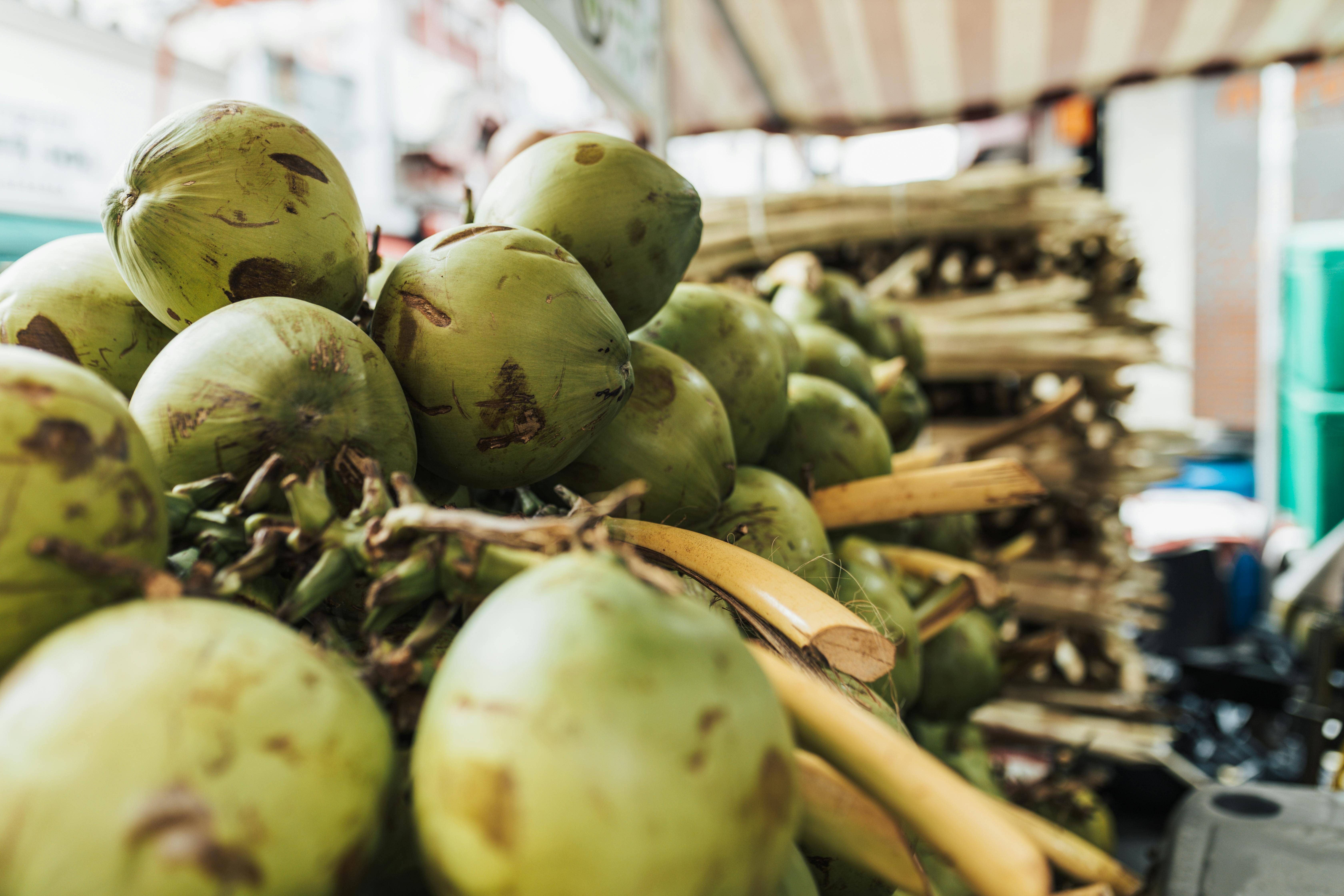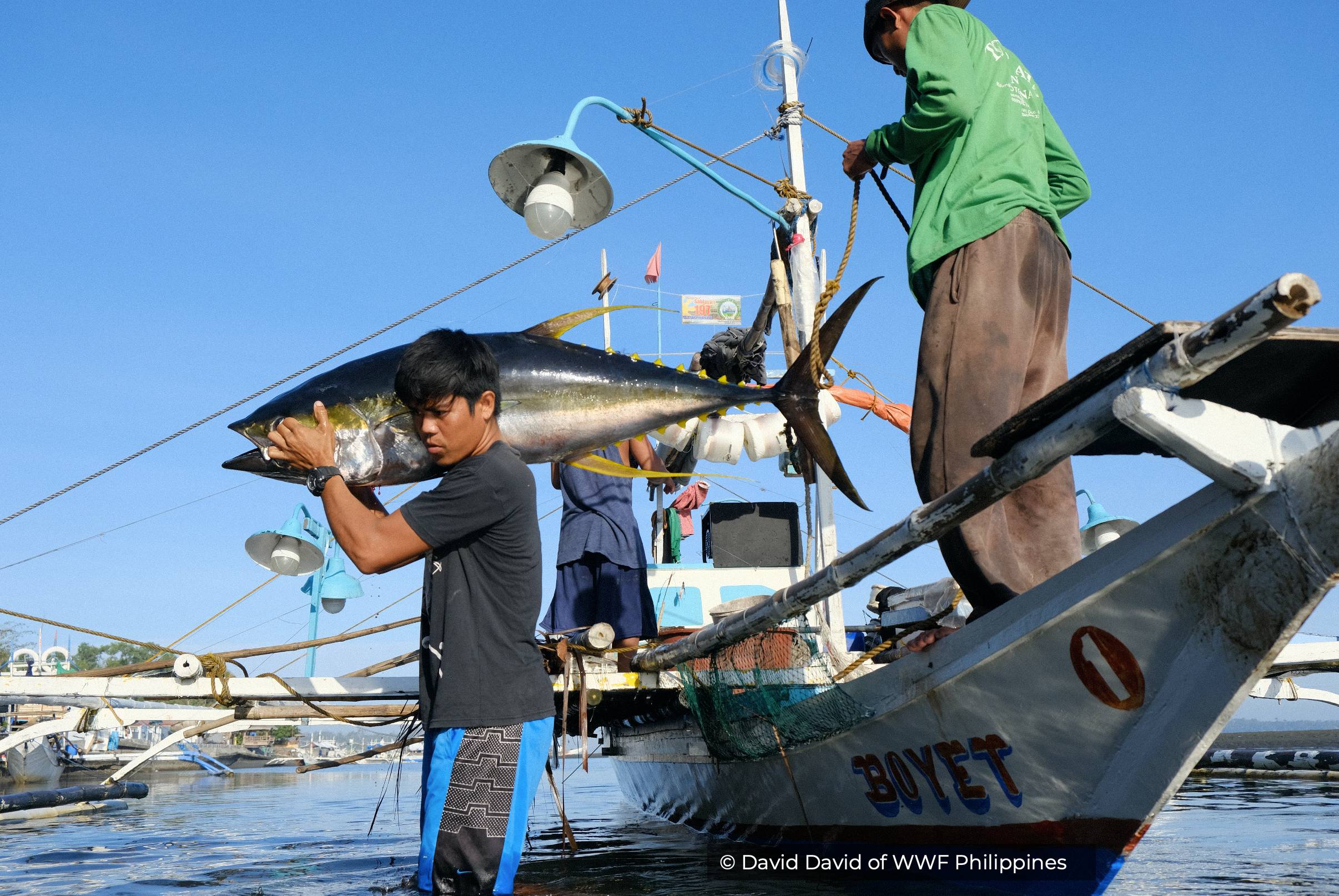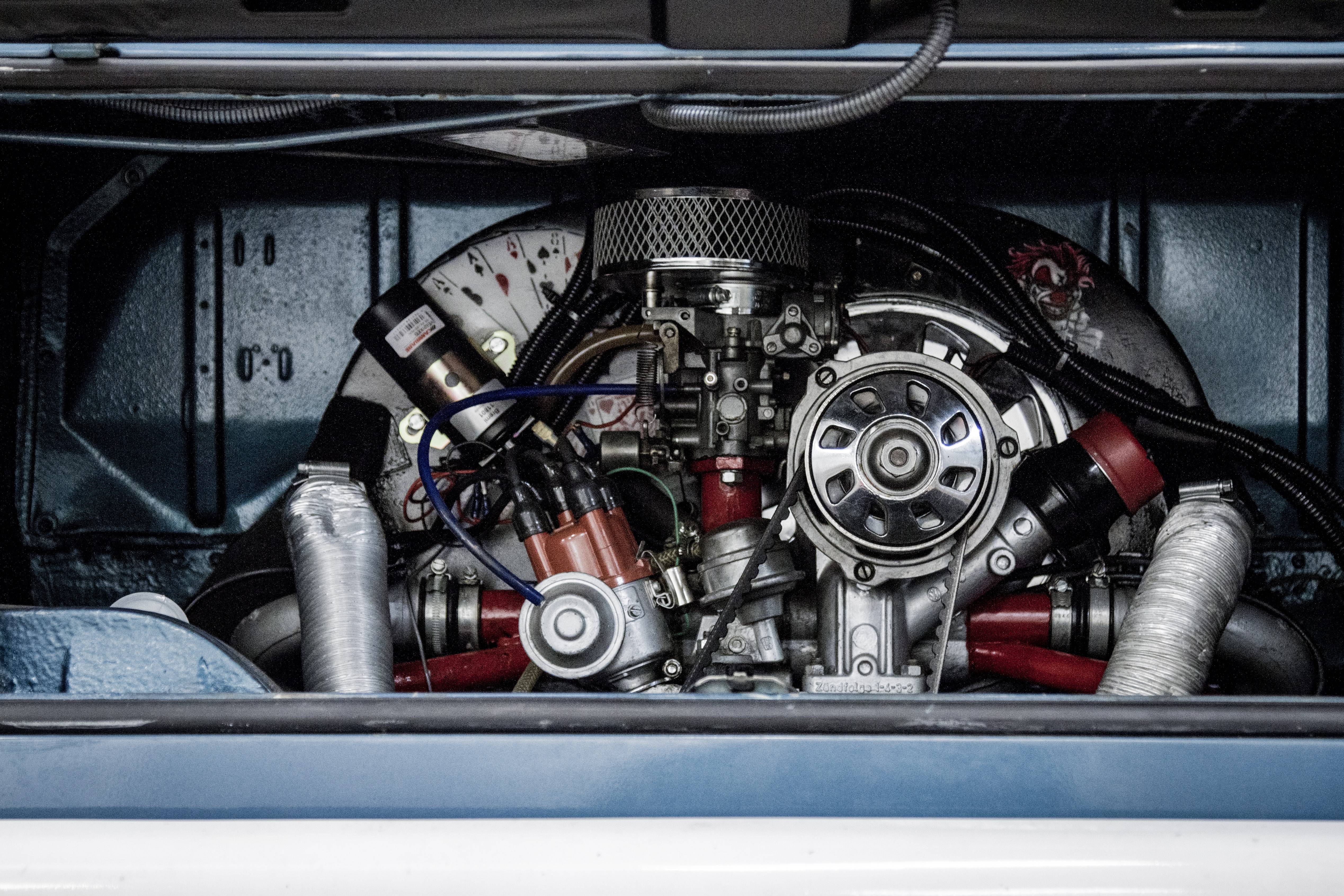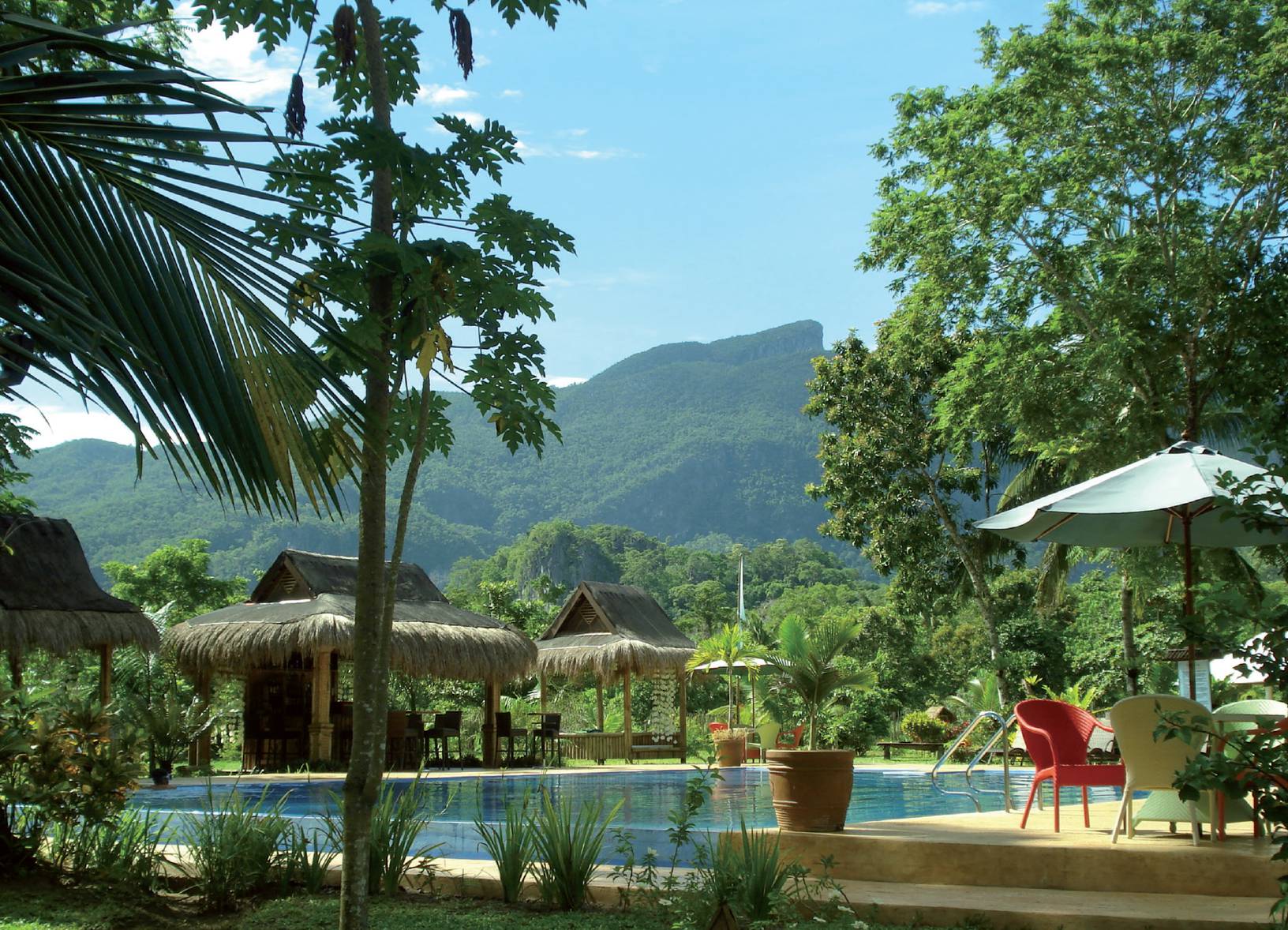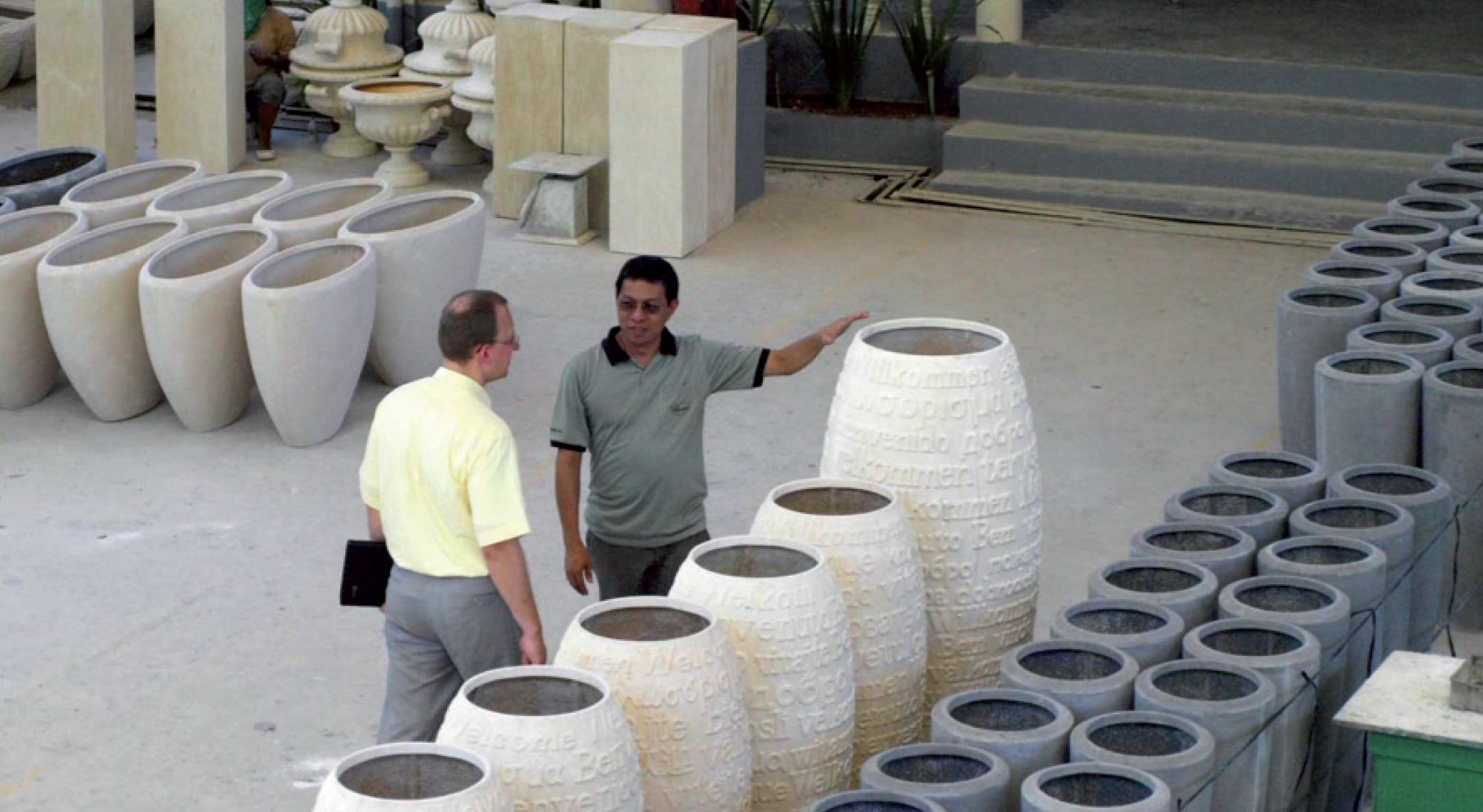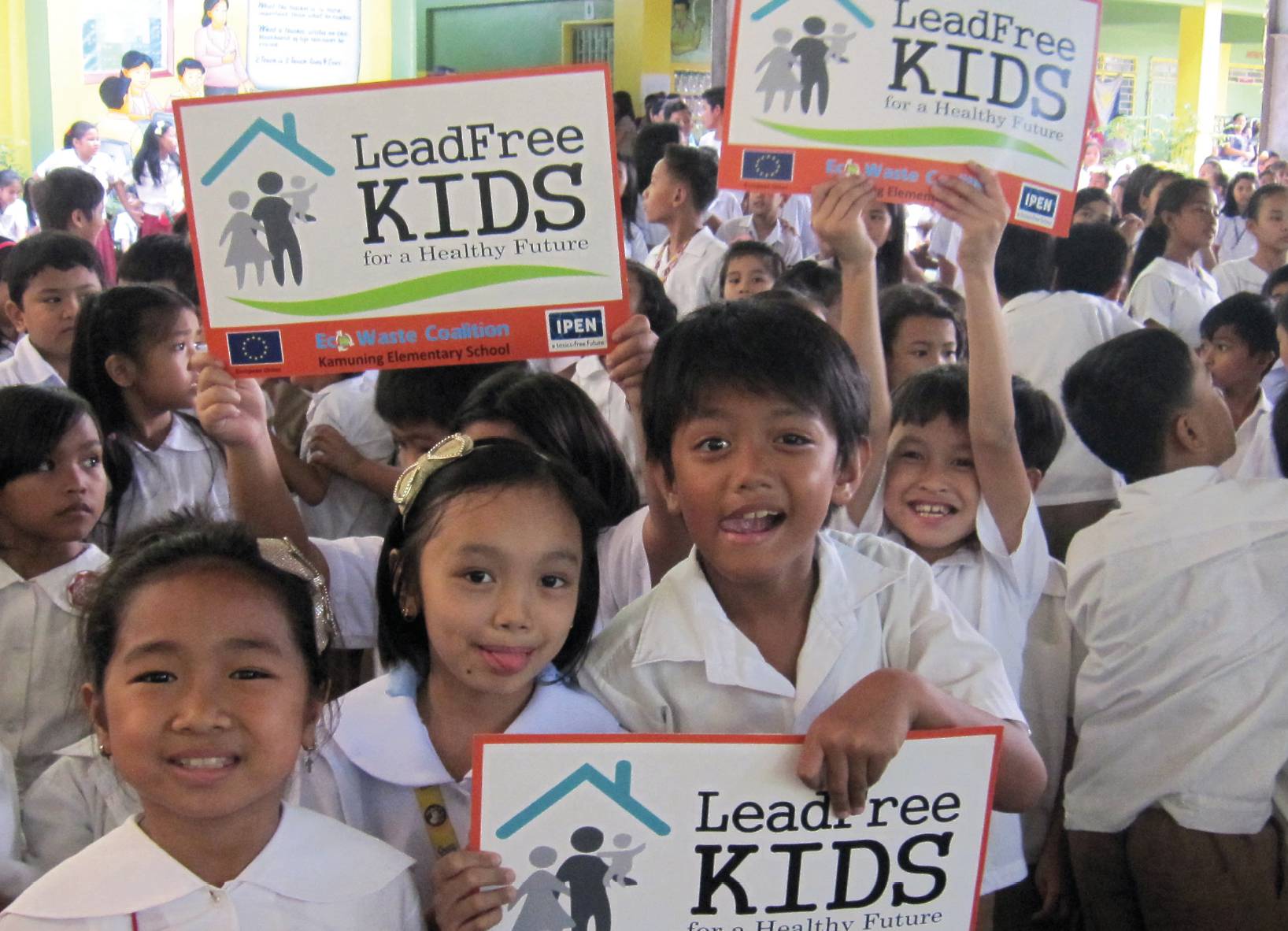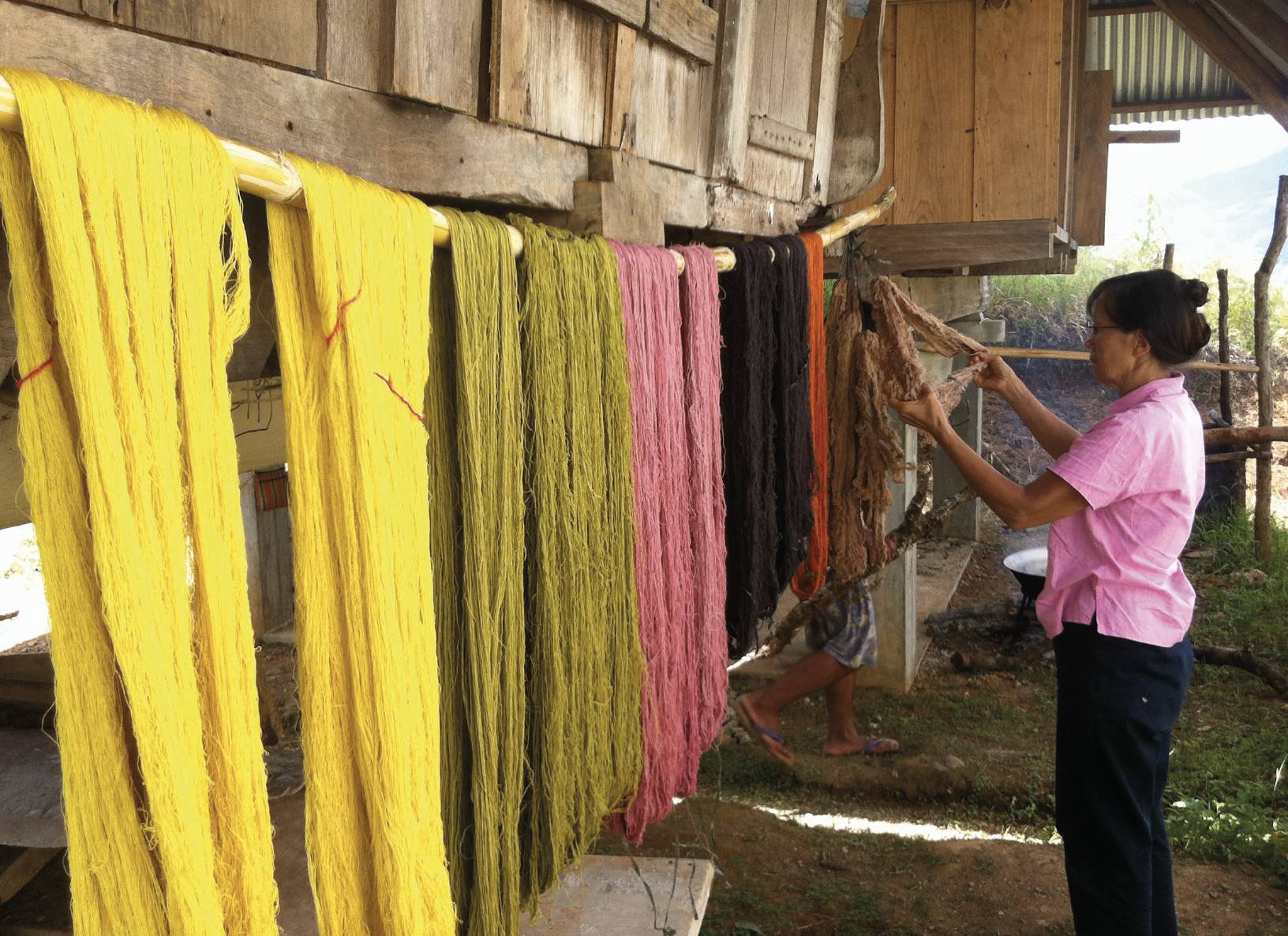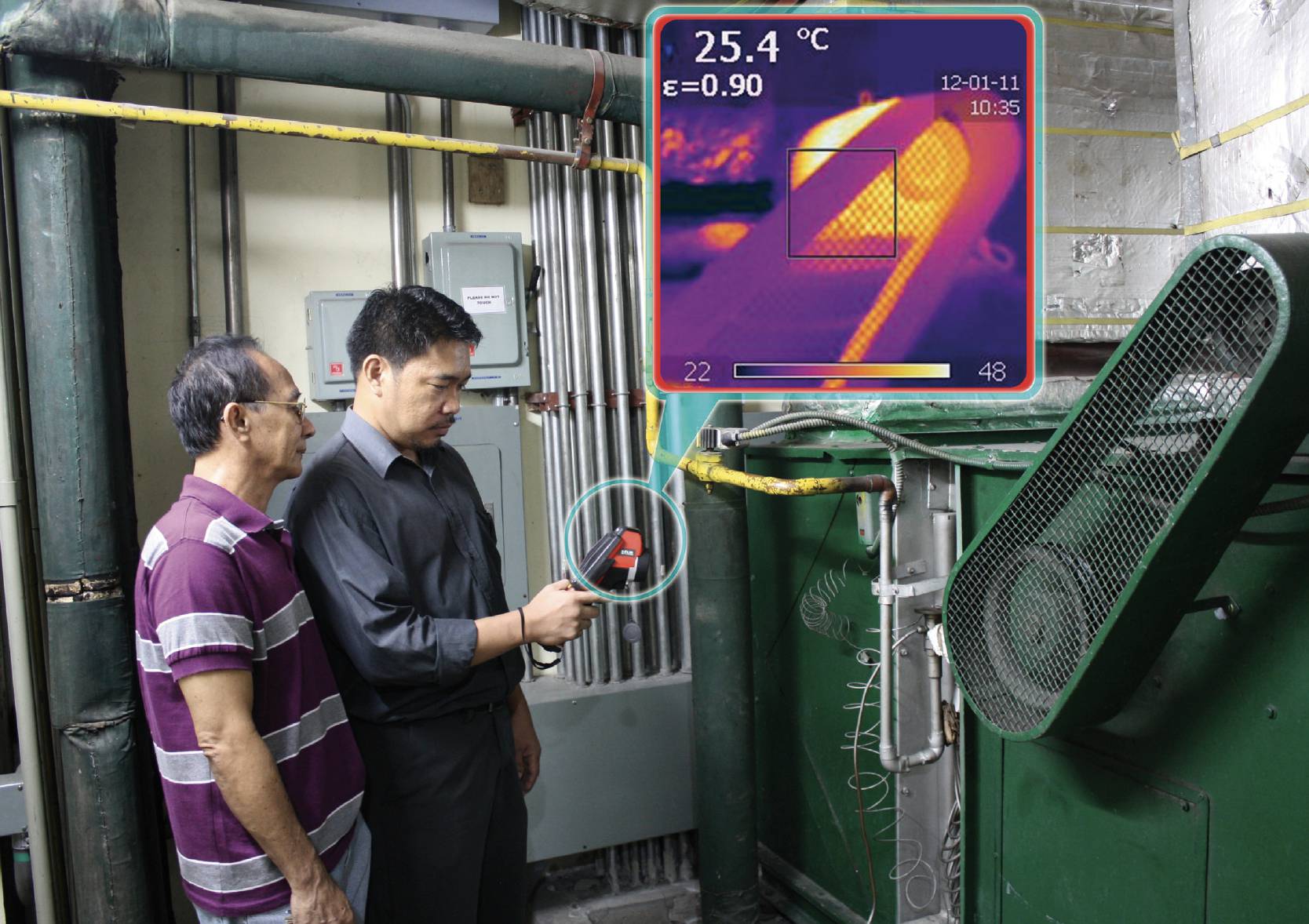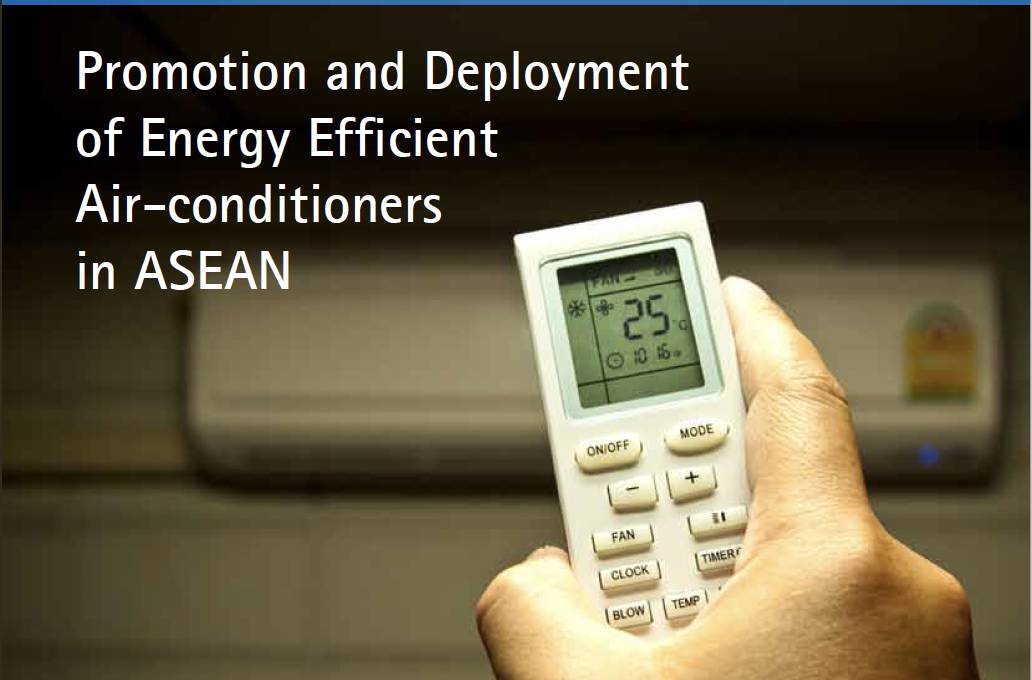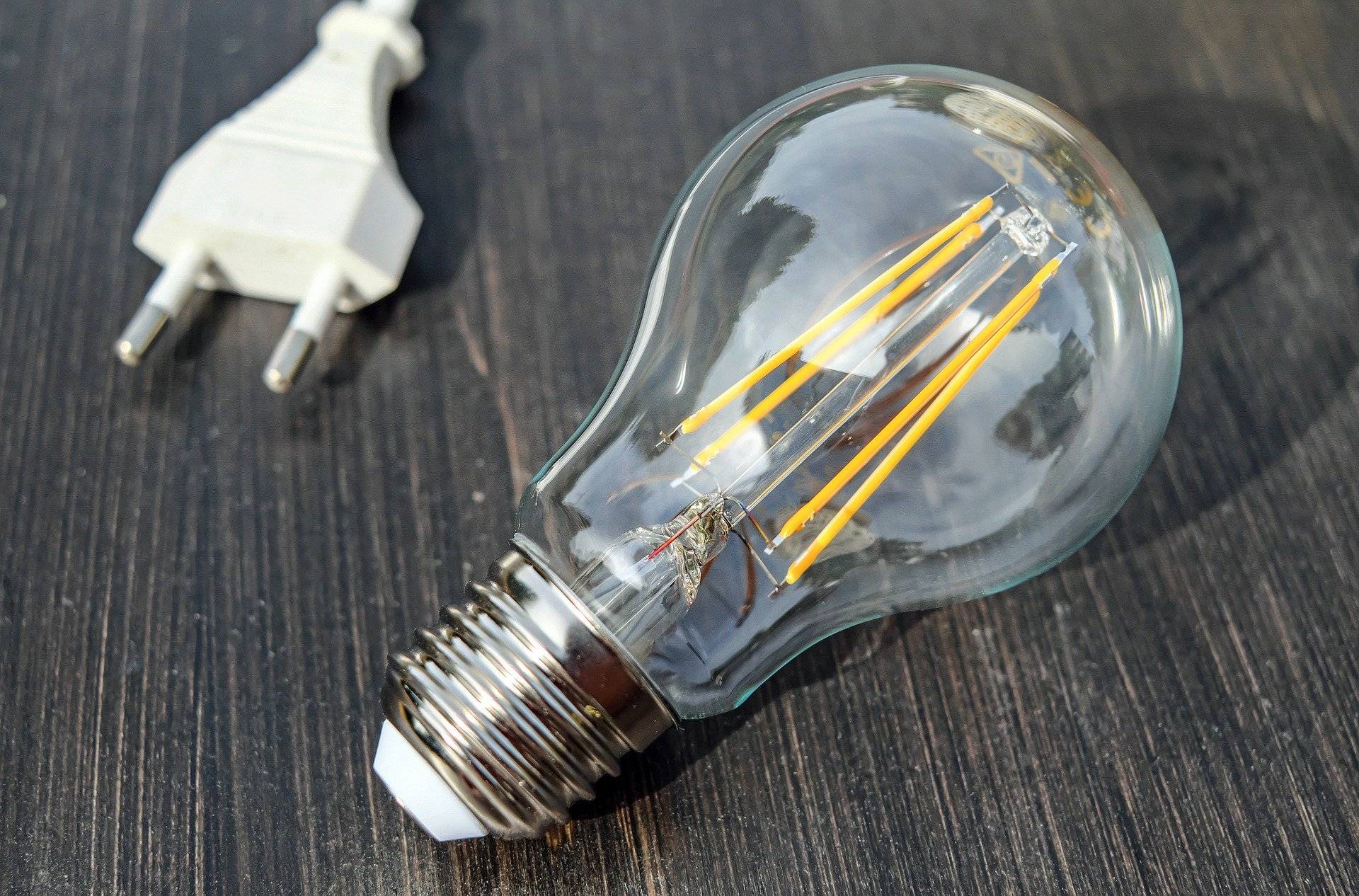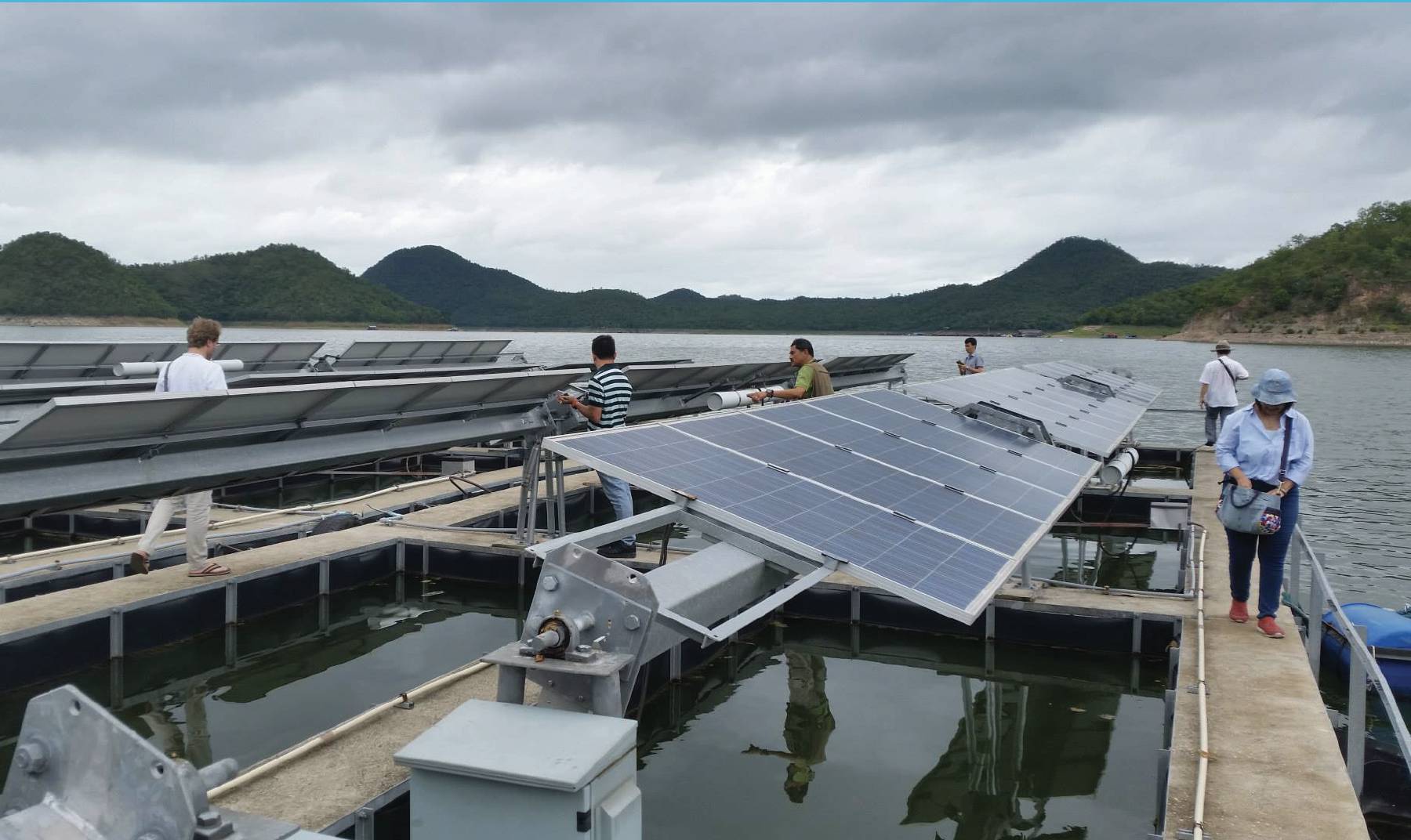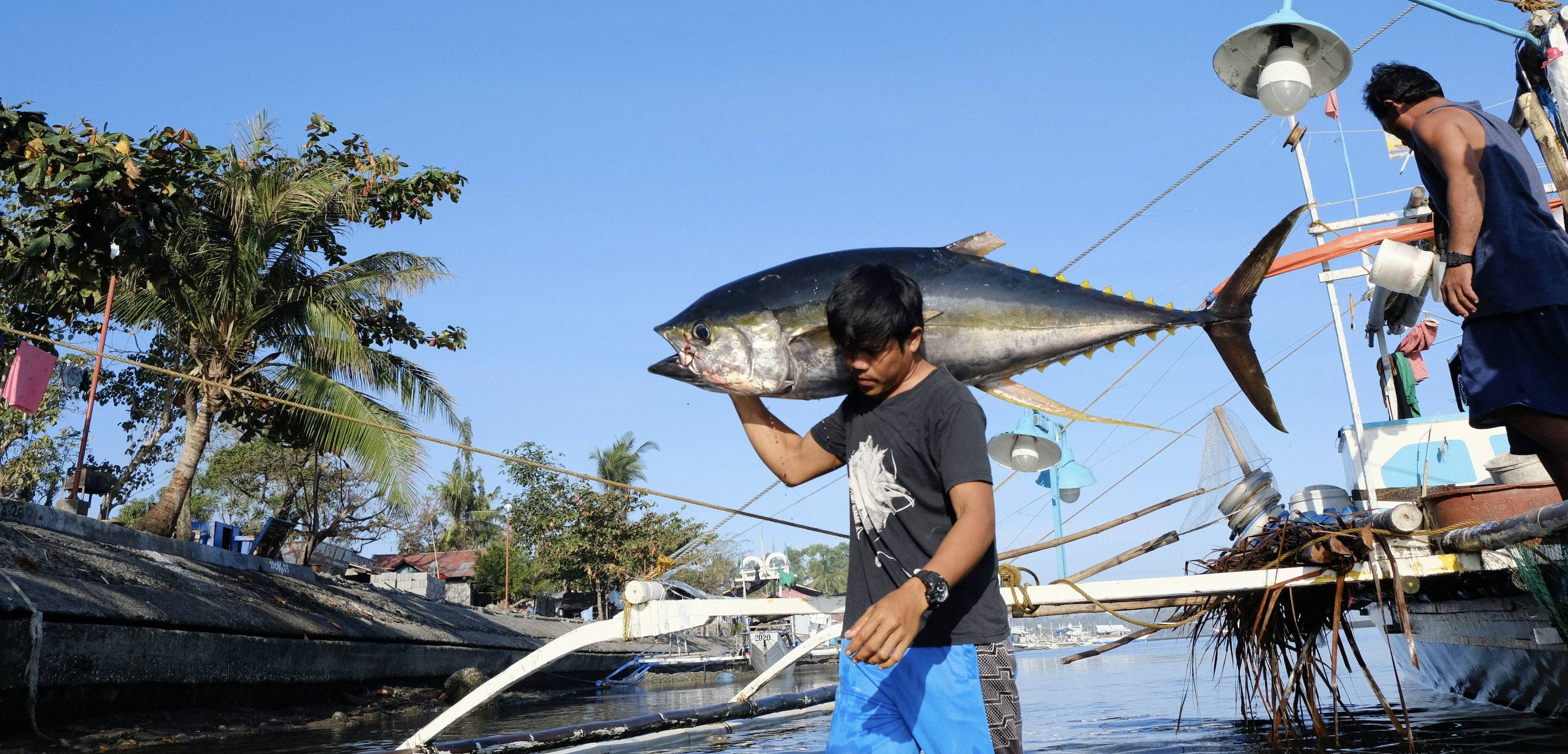
The Philippines is making steady progress toward a more sustainable future by encouraging resource-efficient and environmentally responsible production. The Philippine Action Plan for Sustainable Consumption and Production (PAP4SCP) 2022–2040[1] lays out a roadmap for promoting sustainability across different sectors and communities. Under the Extended Producers Responsibility Act 2022[2], companies are expected to manage their products throughout their entire lifecycle, reducing waste and ensuring proper recovery and disposal. The National Plan of Action for the Prevention, Reduction, and Management of Marine Litter (NPOA-ML) 2021–2030[3] aims to tackle plastic pollution in neighborhoods and waterways. Additionally, the Green Public Procurement (GPP) Roadmap[4] encourages government agencies to choose environmentally friendly products and services, helping build a market for greener options. On top of these initiatives, the Philippine Circular Economy Promotion Act[5] is advancing through the legislative process, showing the country’s ongoing commitment to expanding circular economy practices.
Connection to the Global Agenda
The Philippines actively contributes to the global sustainability agenda by integrating the Sustainable Development Goals (SDGs) into national strategies and programs. The Sub-Committee on the Sustainable Development Goals, co-chaired by the National Economic and Development Authority (NEDA) and the Department of Budget and Management (DBM), coordinates the implementation of the SDGs across government agencies.[6] This multi-agency collaboration ensures a cohesive approach to achieving the SDGs at the national level. The country has presented Voluntary National Reviews (VNRs) at the UN High-Level Political Forum in 2016, 2019, 2022 and 2025[7], showcasing progress, identifying challenges, and outlining strategies to meet the SDGs. The Philippine Development Plan 2023–2028[8]reinforces this commitment through a medium-term framework for inclusive growth, resilience, and sustainability. Ratification of key international conventions further underscores dedication to environmental stewardship and resource efficiency.
A Key Solution to Climate Change
The Philippines has demonstrated its commitment to global climate action by ratifying the Paris Agreement in 2017. In its updated Nationally Determined Contribution (NDC), the country commits to a projected greenhouse gas (GHG) emissions reduction and avoidance of 75% for 2020 to 2030, of which 2.71% is unconditional and 72.29% is conditional upon international support. This ambitious target is supported by the NDC Implementation Plan[9], which provides a detailed roadmap for achieving emissions reductions. Additionally, the National Climate Change Action Plan (NCCAP) 2011–2028[10] offers a comprehensive framework for both mitigation and adaptation, emphasizing resilience, environmental sustainability, and climate-smart development across the country.
Priority sectors
- Expanding implementation of the Philippine Action Plan for Sustainable Consumption and Production (PAP4SCP) by integrating resource efficiency and circular economy principles into business operations and supply chains.
- Strengthening Extended Producer Responsibility (EPR) implementation, particularly for plastic packaging, and promoting sustainable product design and innovation.
- Enhancing waste reduction and management through improved segregation, recycling, and recovery systems, while promoting community-based and private sector-led initiatives.
- Promoting sustainable agri-food systems by supporting local farmers, SMEs, and cooperatives, and reducing food waste through redistribution, processing, and innovative technologies.
- Promoting renewable energy, resource efficiency, and climate resilience to meet climate commitments and strengthen adaptation.
[1] Department of Economy, Planning, and Development. (2023). Philippine Action Plan for Sustainable Consumption and Production (PAP4SCP) 2022–2040
[2] Department of Environment and Natural Resources. (2021). Extended Producers Responsibility Act 2022
[3] Department of Environment and Natural Resources. (2021). National Plan of Action for the Prevention, Reduction, and Management of Marine Litter (NPOA-ML) 2021–2030
[4] Government Procurement Policy Board. (2017). The Philippine Green Public Procurement Roadmap
[5] Legarda, L. B. (2025). Philippine Circular Economy Promotion Act (Senate Bill No. 306)
[6] Department of Economy, Planning, and Development Website. Sub-Committee on the Sustainable Development Goals
[7] Department of Economy, Planning, and Development. (2025). Voluntary National Review 2025
[8] Department of Economy, Planning, and Development. (2023). Philippine Development Plan 2023–2028
[9] Climate Change Commission and the Department of Environment and Natural Resources. (2023). Implementation Plan for the Republic of the Philippines Nationally Determinded Contribution (NDC) 2020–2030
[10] Climate Change Commission. (2011). National Climate Change Action Plan (NCCAP) 2011–2028
A look back at milestones that shaped our work
2018
SCP Facility
- Preliminary assessment of SCP related policies, activities, needs/gaps, and opportunities.
Regional Policy Advocacy Component (RPAC)
Facilitated the participation of Filipino key-stakeholders in the following regional/ sub-regional activities:
- Asia Pacific Low Carbon Lifestyles Challenge (19-22 Mar 2018), hosted by Thailand, regional level
- Transforming Asia Pacific: Innovative Solutions, Circular Economy and Low Carbon Lifestyles (17-19 Sep 2018), hosted by Thailand, regional level
- Asian Circular Economy Leadership Academy (3-8 Dec 2018), hosted by Thailand, regional level
2019
Regional Policy Advocacy Component (RPAC)
Facilitated the participation of Filipino key-stakeholders in the following regional/ sub-regional activities:
- “Sustainability Reporting – Thinking Circular Economy by Businesses” - This event was organised back-to-back with 2019 Asia Pacific Forum on Sustainable Development (27 Mar 2019), hosted by Thailand, regional level
- Businesses Accelerating Inclusive Green Economies – "Leaving No One Behind” - Side event on the Responsible Business and Human Rights Forum co-organised by the Royal Thai Government, OECD, United Nations Development Programme (UNDP), ESCAP, International Labour Organization (ILO) and with the participation of the UN Working Group on Business and Human Rights (11 Jun 2019), hosted by Thailand, regional level
- 2019 Southeast and Northeast Asia Policy Dialogue and Training on “Harmonizing SPP practices and Measuring SPP benefits” - The activity took place in parallel with a series of events related to green procurement organized by the China Environmental United Certification Center (CEC) (23 - 25 Oct 2019), hosted by China, regional level
- WEBINAR: SDG 12.1 Reporting for SWITCH-Asia Countries – Connecting the dots between actions and reporting (5 Nov 2019), regional level
- Policy Dialogue on SDG12 Reporting (21 Nov 2019), hosted by Vietnam, regional level
- 2019 SWITCH-Asia Leadership Academy on Circular Economy (2-6 Dec 2019), hosted by China, regional level
- "Supporting decision making on SCP through training on Sustainable Procurement” - This event was organised back-to-back with International Conference on Sustainable Energy and Green Technology 2019 (11 Dec 2019), hosted by Thailand, regional level
2020
Regional Policy Advocacy Component (RPAC)
Facilitated the participation of Filipino key-stakeholders in the following regional/sub-regional activities:
- SWITCH2Green Meeting - RPAC initiated the discussion and shared the first report in 2020. (April 2020)
- MOVING THE NEEDLE ON CLIMATE CHANGE – The event was co-organised by the UNESCAP as a part of the 2020 Virtual United Nations Responsible Business and Human Right Forum (RBHRF) (10 Jun 2020), regional level
- WORLD ENVIRONMENT DAY 2020 – A media kit was provided to call for action to promote SCP as a part of the 2020 World Environment Day (WED) celebration (5-7 Jun 2020), regional level
- Intervention in regional forum: Webinar on Sustainable Lifestyles for Plastics & Packaging Waste Management During a Pandemic COVID-19 (6 Aug 2020), regional level
- SCP in Tourism: Opportunities and Challenges with COVID-19 (8 Oct 2020), regional level
- Innovation and Connectivity through Farm to Fork (13 Nov 2020), regional level
- Sustainable Lifestyles for SCP (19 Nov 2020), regional level
- Support to Steering Committee of SWITCH-Asia – Provide support for the annual Steering Committee Meeting to review each country proposed 2021 workplan (3 Dec 2020), regional level
- Regional Policy Dialogue on Circular Cities (4 Dec 2020), regional level
- Regional Dialogue Driving Mechanisms for Eco-Design in Asia (9 Dec 2020), regional level
- Leadership Academy on Circular Economy 2020 (14-18 Dec 2020), regional level
- Webinar: Innovations & Startups (16 Dec 2020), regional level
2021
Facilitated the participation of Filipino key-stakeholders in the following regional/sub-regional activities:
- Contextualising the Circular Economy for Action (4 Feb 2021), regional level
- Virtual Consultation: Mapping SCP in ASEAN Countries (17 March 2021), sub-regional level
- Technology for Circular Economy: A Prologue to the 2021 SWITCH-Asia Leadership Academy (25 March 2021), regional level
- Circular Economy and Sustainable Lifestyles Course (18 May 2021), regional level


